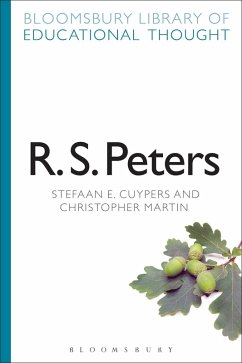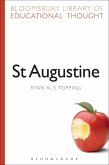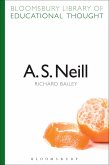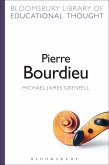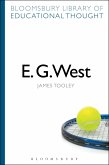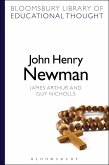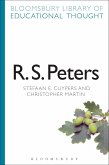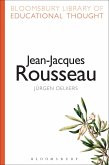What does it mean to say that someone is an educated person? How do we know what's worth including in a school curriculum? Is a good moral education about developing good habits, or critical thinking? What role does the development of knowledge and understanding play in living a good life? These are all questions that were robustly taken up by the philosopher of education, R.S. Peters. In an era of immense reform (and confusion) about the values, aims and purposes of education, Peters developed a clear and nuanced account of what education is really about and how educational policy and practice can make good on its promise.
This text undertakes a careful and accessible reconstruction of the major themes of Peters' thought in order to demonstrate the continuing relevance of his project, both for educational researchers and teachers and student teachers seeking to better understand the nature and scope of their work and study.
This text undertakes a careful and accessible reconstruction of the major themes of Peters' thought in order to demonstrate the continuing relevance of his project, both for educational researchers and teachers and student teachers seeking to better understand the nature and scope of their work and study.

